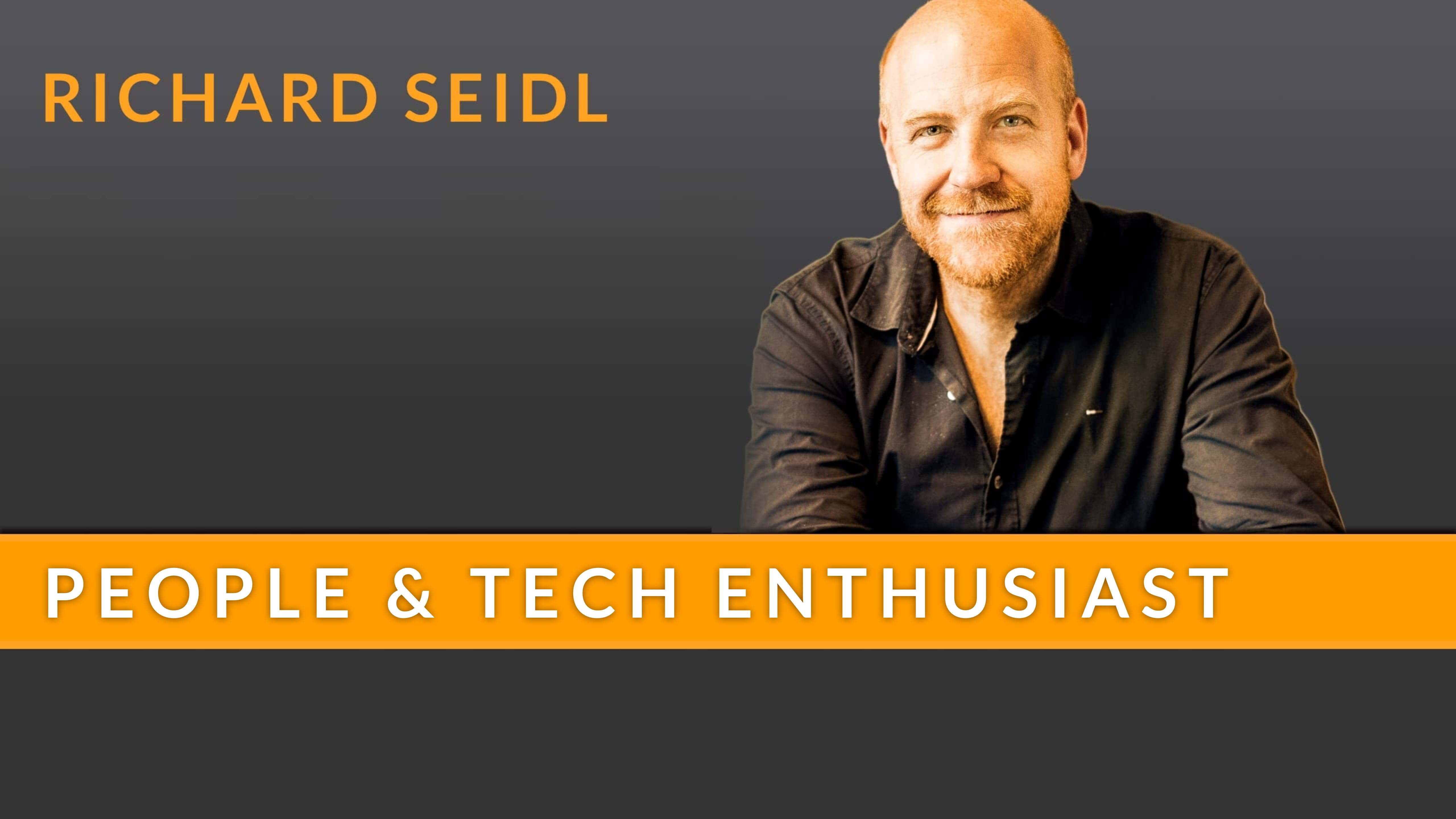Dreaming Utopias
I am a Trekkie. Always have been. Kirk was ok, but from Picard onwards I was all in. Together with my mother, I spent days in front of the TV...

“Digitization - in times of ChatGPT & Co. that sounds as old-fashioned as EDP” - Richard Seidl
Have you tried them yet? ChatGPT, midjourney or Jasper? “Write me a column of approx. 4000 characters for IT-Spektrum on the topic of agility in the future. Short sentences, relaxed language style” Or “What exactly does this regex do? rege(x(es)?\ xps?)” Oh yes, I become a childlike researcher again, curious and fascinated by the ideas for prompts that my colleagues and acquaintances come up with.
And I’ve been catching myself doing it for a few days now: when I think of the word “digitization”, it triggers a feeling of nostalgia in me, as if I were thinking of audio cassettes or IT. Maybe you know the feeling?
I sometimes feel the same way when I’m filling up … when I put the tap in the tank, the diesel gurgles into our old Ford and I look at the phalanx of Tesla Superchargers. Not melancholy or envious, but rather aware: The old is ending and something new is beginning.
My customers are also experiencing this moment in their day-to-day business. They are somewhere on the journey into the digital future, some at the beginning, others further advanced.
And then something like ChatGPT comes along, and the excitement is great: Will I as a programmer or tester now be replaced by ChatGPT? Is our product still needed at all? Do we have to hire prompters now? Should we ban AI in the company? Or regulate it?
Fear, uncertainty and the need for stability naturally play a major role here. We all feel uncomfortable with the new and unknown at first. But then comes the decisive moment:
A no ends the discussion. A ban stops creative thoughts. Ignorance fixes us in a state of torpor. I realize that we take refuge in this attitude far too much due to the many imponderables that fall at our feet: No, forbid, ignore. This reaction is understandable, but the world is changing - and always has been. Nokia started out as a pulp factory, later producing rubber goods and then electronics. Wrigley did not start with chewing gum, but with soap. And IBM, now known as a technology company, began by manufacturing scales, time recorders and tabulating machines. August Oetker experimented with freckle ointment as a pharmacist before discovering baking powder. Photography and film went digital. Studied graphic designers illustrated and glued Letraset before they were replaced by media designers and later by 99designs.
In short: times are changing. That everything will remain as it is is a fairy tale. What’s more: “If we want everything to stay as it is, then it is necessary for everything to change”, as Giuseppe Tomasi di Lampedusa knew. Because: “… he who does not move with the times, moves with the times” - Friedrich Schiller. It doesn’t have to be a blind “yes”, a “yes, let’s see” is enough. For example, with a few new questions: How can we try out ChatGPT as a team? What exciting prompts could enrich our knowledge and our work? How can I use it to create better test data? Or better code?
We may not end up using it productively. But experience. Knowledge. Confrontation. Or something completely different. Easier work. Efficiency. Fun. A new product. A new business area. Or …
With this in mind, prompt “Give me 10 specific examples of how AI can support me in the ?”

I am a Trekkie. Always have been. Kirk was ok, but from Picard onwards I was all in. Together with my mother, I spent days in front of the TV...

2 min read
“If everyone throws out their personal opinion, someone is always pissed. We have to deal with that!” - Richard Seidl Everything used to be much...

1 min read
“Keep it simple! It’s so easy to start with sustainability” - Richard Seidl When I look at the software development projects that I have come...